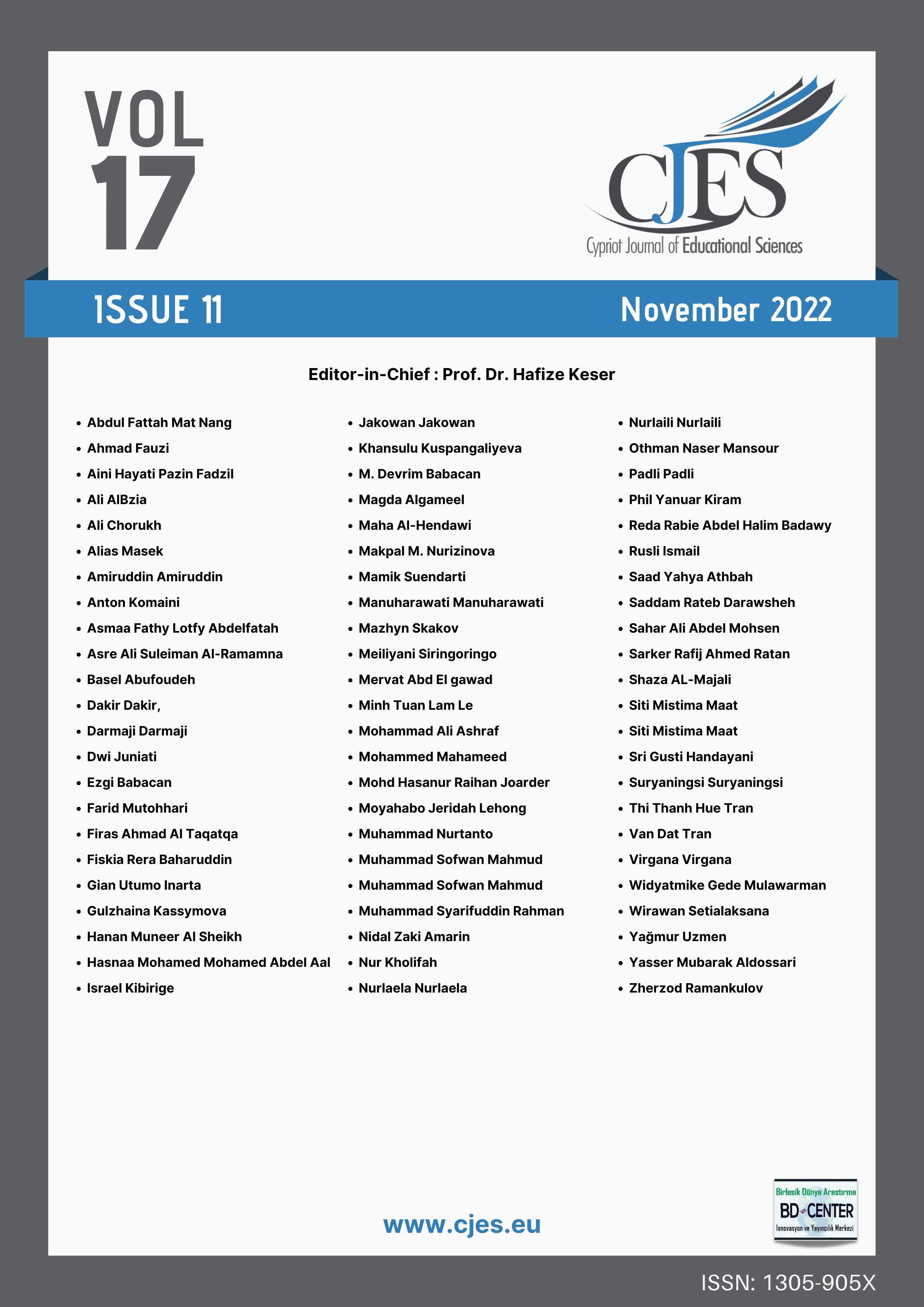A comparative study of the Jigsaw and Chalk-and-Talk Methods on grade 12 learners’ achievements in reaction rates in South Africa
Main Article Content
Abstract
The study compared the Jigsaw Method and the Chalk-and-Talk methods of learners’ achievements in grade 12 reaction rates. A quasi-experimental design was used, with two classes of 44 learners, one class of 21 as the experimental group and another with 23 as the control group. Data were collected using Achievements Test for pre-test and post-tests and analysed using percentages, Means, Standard Deviations, t-tests and Analysis of Covariance. The post-test results from EG using Jigsaw Method and the control group using the Chalk-and-Talk show significant differences. Analysis of Covariance shows significant effects between experimental and control groups post-test using pre-test covariate. The experimental group outperformed the control group, and the former had no significant differences in gender achievements, suggesting Jigsaw Method favours both genders. The experimental group learners had minimal misconceptions compared to the control group. Thus, the Jigsaw Method enabled experimental group learners to overcome difficulties and misconceptions.
Keywords: : Cooperative learning, conceptual understanding, learners’ achievements
Downloads
Article Details

This work is licensed under a Creative Commons Attribution 4.0 International License.
Cypriot Journal of Educational Sciences is an Open Access Journal. The copyright holder is the author/s. Licensee Birlesik Dunya Yenilik Arastirma ve Yayincilik Merkezi, North Nicosia, Cyprus. All articles can be downloaded free of charge. Articles published in the Journal are Open-Access articles distributed under a CC-BY license [Attribution 4.0 International (CC BY 4.0)].
Birlesik Dunya Yenilik Arastirma ve Yayincilik Merkezi (BD-Center)is a gold open-access publisher. At the point of publication, all articles from our portfolio of journals are immediately and permanently accessible online free of charge. BD-Center articles are published under the CC-BY license [Attribution 4.0 International (CC BY 4.0)], which permits unrestricted use, distribution, and reproduction in any medium, provided the original authors and the source are credited.

